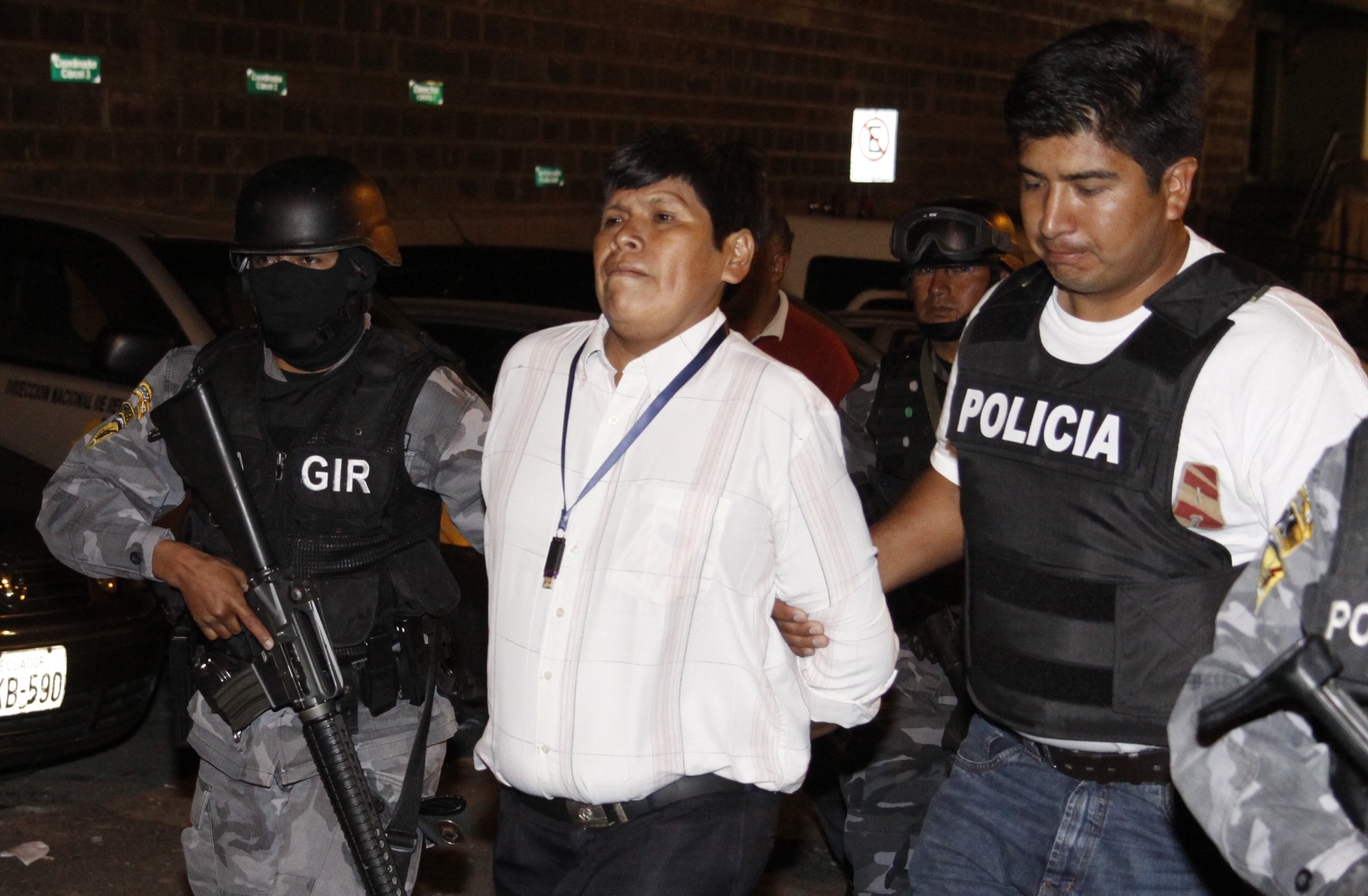On July 19, 2013, the Appeals Court of Morona Santiago confirmed a decision that condemned indigenous leader and national congressman Pepe Acacho, as well as indigenous leader Pedro Mashiant for crimes of sabotage and terrorism; the case is related to public protest that occurred on September 30, 2009.
On July 19, 2013, the Appeals Court of Morona Santiago confirmed the decision of a first instance court that condemned indigenous leader and national congressman Pepe Acacho, as well as indigenous leader Pedro Mashiant for the crimes of sabotage and terrorism. The case is related to a public protest that occurred on September 30, 2009.
The First Instance court held that Acacho had encouraged the population to commit acts of terrorism via his program on Radio La Voz de Arutam. The decision of the Appeals Court will be publicised within the next two weeks, and it was adopted only five days after a hearing in which five other indigenous leaders were declared innocent for the same crimes that Acacho was accused.
Acacho spoke to Fundamedios, indicating that in adopting this decision, the Appeals Court is just obeying the orders from the government. “This decision is entirely political, directed against Pachakutic, our political movement, and against The Shuar indigenous community. This decision benefits the government, and multinational companies that loot our natural resources and destroy our ecosystem”, he said.
The facts of the case relate to a series of public protests that took place on September 30, 2009, where some indigenous communities were protesting about the Water Law that had been approved by Congress. The protests turned violent, as clashes between civilians and members of the police forces occurred. As a result, professor and activist Bosco Wisuma died.
Acacho was detained in February 2011. The government accused him of instigating the aforementioned acts of violence though his radio program. He was released days later, after presenting a Habeas Corpus plea.



